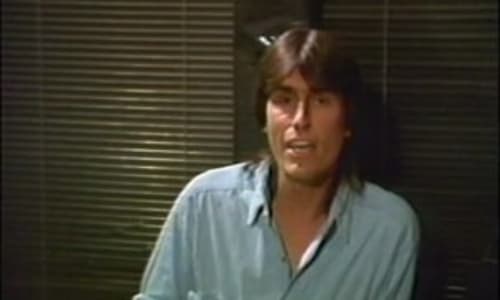See all Unknown transcripts on Html5mediaembed

Cascadia Alive!, 1996 August 06 (1)
55 minutes 43 seconds
🇬🇧 English
Summaries Topics Transcript Chapters Titles Socials Twitter Blog Post Newsletter Quotes Quizzes Ask ChatGPT

Omnivision Solutions Ltd
- Getting Started
- Create Transcript
- Pricing
- FAQs
- Recent Transcriptions
- Roadmap